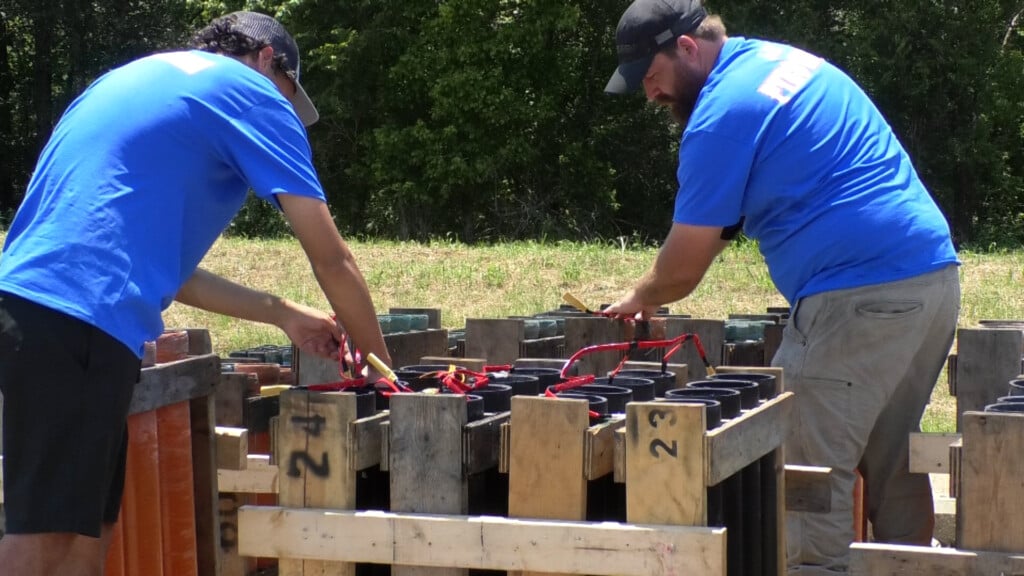DHS plans to dramatically expand DNA collection of migrants
The new initiative, however, will have “broad applicability” on a “broad population” of migrants in U.S. custody, the senior DHS official said. The DNA will be used not only to determine maternal and paternal connections, but to “identify” apprehended migrants, the official added.
Unlike the ICE pilot program — which utilizes rapid DNA technology — the new, larger initiative will obtain a “more full scope” DNA profile of migrants.
The senior DHS official said the Justice Department will soon roll out a regulation to set the parameters of this DNA collection. The new regulation will effectively scrap limitations placed by the Obama administration in 2010 on those in DHS custody who can be subject to DNA collection.
The senior DHS official said the administration has the authority to carry this out, citing the DNA Fingerprint Act of 2005.
In response to a question from CBS News, the DHS official said the agency is currently working to develop training procedures for the new program, which was crafted in conjunction with the Justice Department.
The official would not say whether DHS has determined that the new program will also apply to unaccompanied migrant children, who are afforded extra legal protections under U.S. law.





Leave a Reply